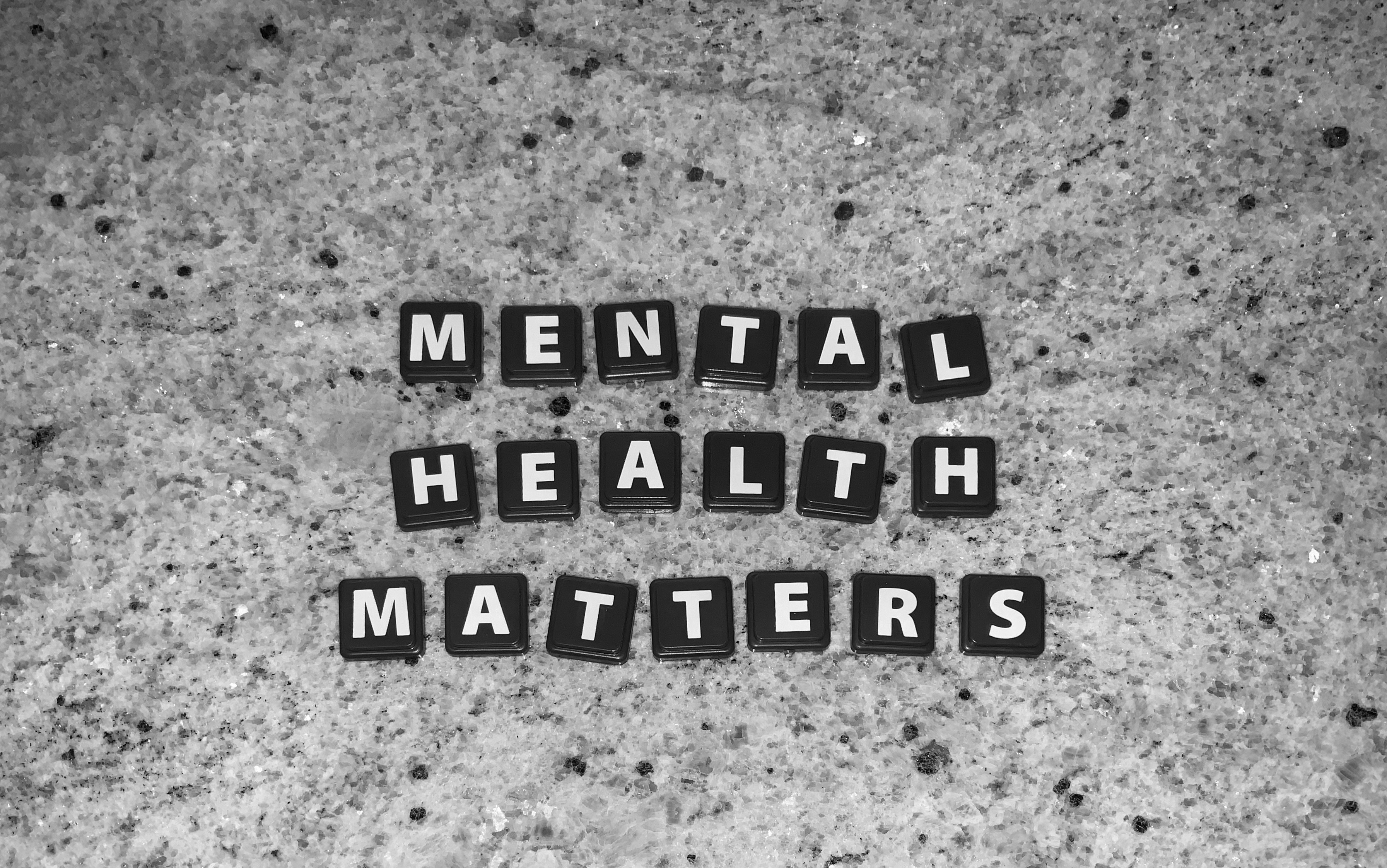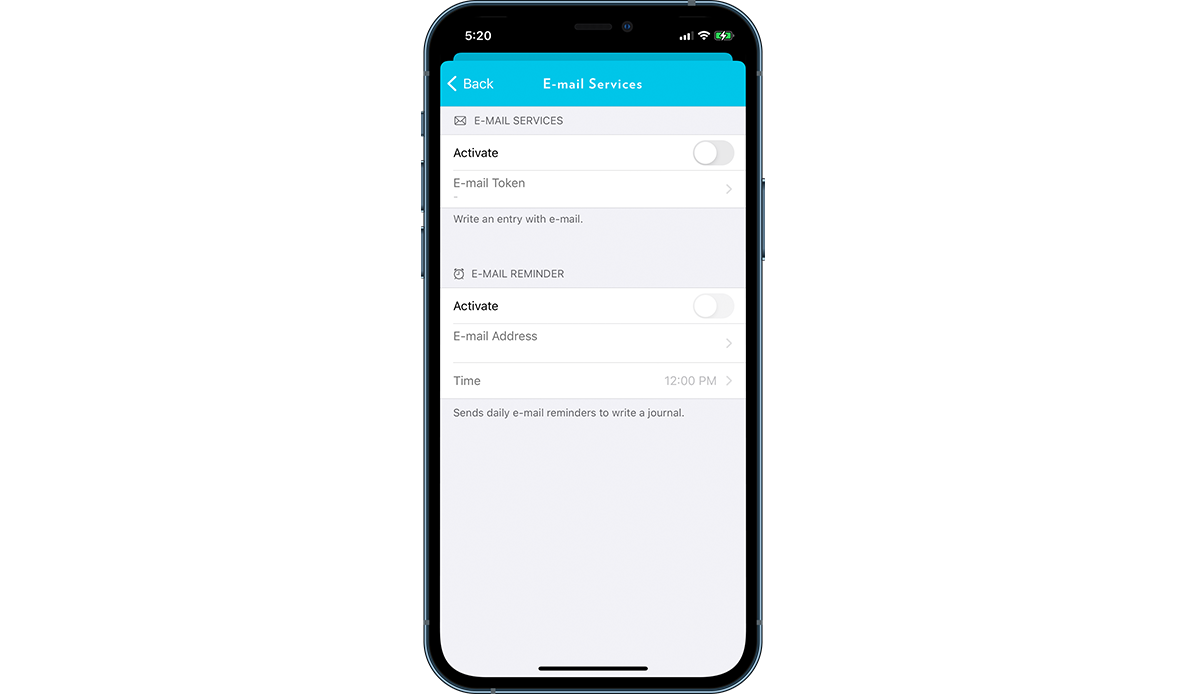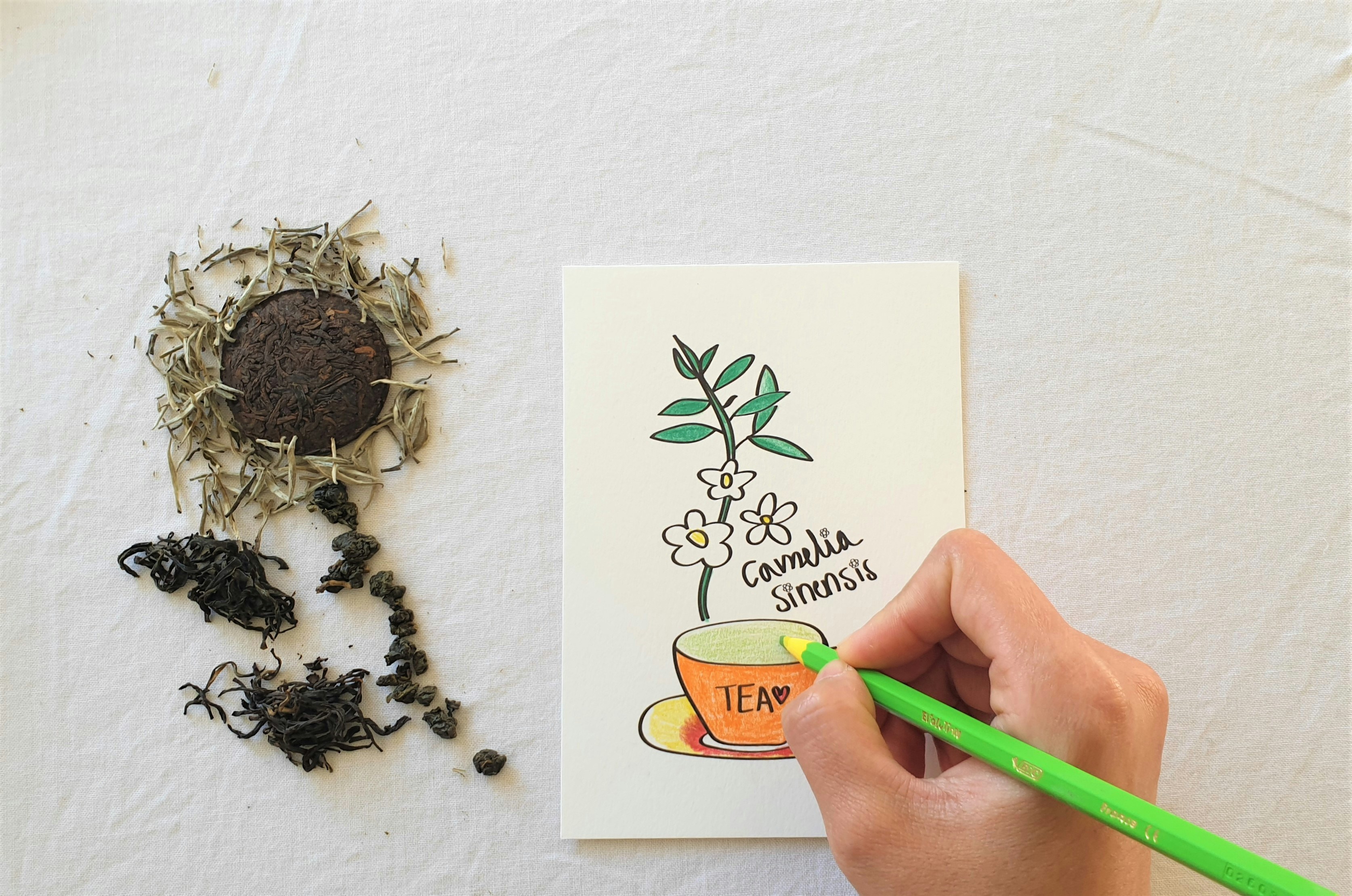How Self Care Can Improve Your Mental Health: World Mental Health Day 2021
This World Mental Health Day, let's take a moment to really, truly care for our mental health. Here are some self care tips that will help you maintain and improve your mental health.

How often do you take care of yourself?
In the past year, the Covid-19 pandemic didn't just pose a threat to our physical health — it affected many people's mental health as well.
In fact, according to a report by the CDC, the number of adults that report symptoms of an anxiety or depressive disorder increased from 36.4-41.5% due to the Covid-19 pandemic.
Indeed, since many people were forced to stay home for long periods of time, it's no wonder that many people's mental health suffered as a result. And so, more and more people began to pay attention to their mental health.
But you shouldn't have to wait till something is wrong before you take action to help yourself! In fact, you should be taking steps to care for your mental health everyday.
And that is where self care comes in!
This World Mental Health Day, let's take a look at how you can take care of your mental health everyday, whenever and wherever you are with self care!
How self care improves mental health

Photo by Marcel Strauß on Unsplash
Self care doesn't just refer to lighting scented candles and taking long bubble baths. In general, it's about caring for your physical, emotional and psychological wellbeing — which is why it can play a big role in improving and maintaining your mental health.
For one, many self care activities actually help you become more self-aware. This means that you become more aware of your emotions and more in tune with your body.
Furthermore, there are many self care activities that help you stay healthy, reduce your stress and feel mentally refreshed!
It can be something as simple as cleaning your room, or changing your mindset. Something small that you can do everyday to improve your mental health.
Of course, it must be said that self care is not a substitute for professional help! Self care can be a great supplement to professional help, and is simply a way to enrich your daily life.
6 Self care tips for mental heath
Here are some inexpensive self care tips to help you improve your mental health! Don't worry — no bubble baths or face masks this time.
1. Wake up 15 mins earlier every morning

Photo by Julian Hochgesang on Unsplash
Waking up slightly earlier every morning can make a huge difference in your day! When you wake up 15 minutes earlier, that's 15 extra minutes for you to enjoy your alone time, take things slow and wake up properly!
Properly savor your cup of coffee, do some light stretches, scribble out your to-do list – these are jus some examples of how you can use those 15 minutes for yourself every morning.
2. Give yourself permission to relax

Photo by Nathan Dumlao on Unsplash
Do you allow yourself to relax? Do you feel odd or even guilty when you unplug from work and take a break?
The first step to caring for your mental health is to give yourself permission in the first place. It can be difficult to change your mindset, especially if you're used to being busy all the time, but it's important to do so!
Remember: you'll be more productive and more useful to others when you let yourself rest and recharge.
3. Start a gratitude journal
Practicing gratitude regularly with a gratitude journal helps you to become a more positive person. It trains you to start looking on the brighter side of life, to find things to be grateful for even in the simplest of things.
When something as simple as the sunset, a nice cup of tea, or even a beautiful flower you walked past today can bring you joy, you'll become a more positive and happier person in general.
With a gratitude journal, try to write down 1 to 3 things that you're grateful for everyday! Simply download a digital diary app and set a daily reminder to write in your gratitude journal everyday.
With Journey, you can set a notification reminder, or an email reminder.

4. Say no if you don't want to say yes
How many times have you said yes when you really wanted to say no? Perhaps you felt pressured to agree to a social outing that you weren't interested in, or you took on a heavier workload than you'd intended.
Whatever it is, it's important to learn how to set boundaries and say no if it isn't a hard yes!
If it helps, you can try to practice different ways of saying no for different situations. It can be nerve wracking to come up with a refusal on the spot, so having some lines prepared beforehand may be helpful.
5. Doodle

Photo by Tea Creative │ Soo Chung on Unsplash
Doing a creative or hands-on activity can be really therapeutic, even if you aren't the creative sort! If you're feeling stressed, or you have something weighing on your mind, occupying your hands with something creative can really help to distract you.
So next time, just whip out a piece of paper and let yourself mindlessly doodle! You'll be surprised at just how much you can get lost in something as simple as doodling.
6. Unplug for at least 30 mins before bed every night
Are you the type to scroll through social media before bed every night? If so, then it might just be time to kick this habit.
For one, using your digital devices before bed exposes you to blue light, which makes it more difficult for you to fall asleep.
Furthermore, there are many mental health benefits to taking breaks from social media. Social media is a great tool to help bring you and your loved ones together, but it can also be a source of negativity, envy and comparison.
If stopping your late-night scrolling abruptly is a little difficult for you, then why not start small? Start by putting away your devices 10 minutes before bed, and increasing that by 5 minutes every week.
We hope that this article has been helpful in giving you some ideas of what to do to maintain and improve your mental health! By practicing self care regularly, you can take care of yourself in the way you deserve.
This World Mental Health Day, let's make an extra effort to care for our mental health.


